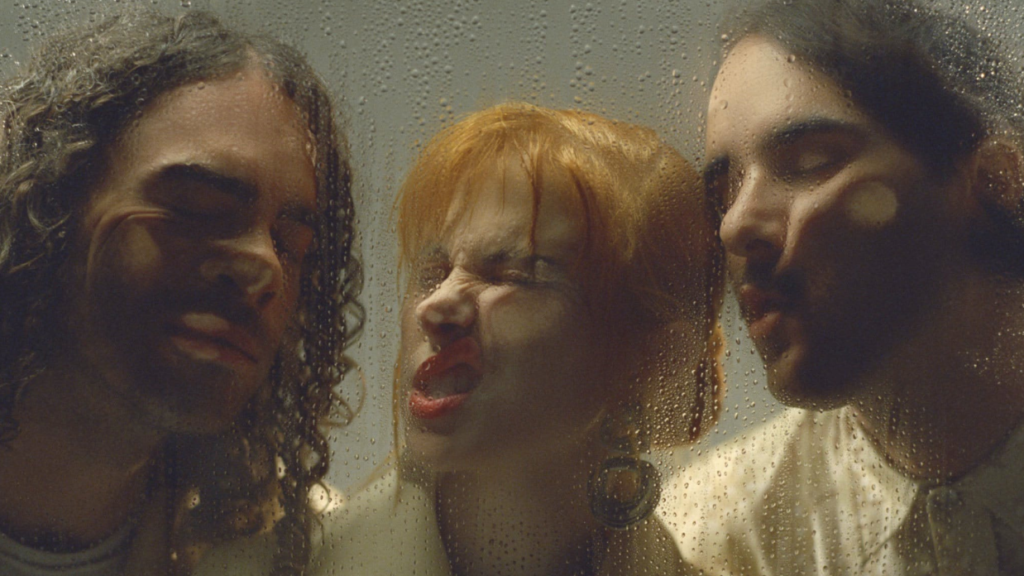After two out-of-the-blue back-to-back album releases in the form of folklore and evermore, you would think Taylor Swift has had enough surprises. The announcement of Fearless (Taylor’s Version) proves otherwise. Last February, Swift kicked off her re-recording project with fan-favorite “Love Story” and alluded that there would be more to come.
The goal of the re-recording endeavor has never been a secret. After Swift’s former label sold out to Ithaca Holdings, she struggled with the loss of artistic and financial control over her first five albums. Eventually, she made the executive decision to step back from the dispute after signing a new multi-album deal with Universal Music Group.
Swift, however, has constantly reasserted that artists deserve to own the art they make. By overriding her archived masters, she stands the chance of reclaiming the work that has defined her career. What better place to start than her sophomore album Fearless?
Caught between a fairy tale and a high school diary entry, Fearless was Swift’s endeavor into more pronounced country-pop sensibilities. The remastered version provides an interesting juxtaposition of her once-saccharine lyricism and, at present, a far more mature voice. Notable remastered tracks include “Forever & Always (Taylor’s Version)” and “The Way I Loved You (Taylor’s Version),” aging like fine wine with cleaner production and Swift’s smoother vocals.
The center stage of the new album, though, are the songs Swift claims “were held back for different reasons.” Hindsight has seemingly made those reasons irrelevant, granting us with six new tracks.
Two out of six songs debuted prior to the official album release, tackling post-breakup narratives from contrasting perspectives. “You All Over Me (Taylor’s Version)” is the more wistful of the two with Swift’s plaintive composition and Maren Morris’ haunting backup vocals; their contemplative country twang soars alongside smooth fiddles and guitar pluckings. Meanwhile, “Mr. Perfectly Fine (Taylor’s Version)” comes in strong with spiteful lyrics and uptempo reverbs that feel like a stripped-down version of Swift’s more dance-pop numbers. “And someday maybe you’ll miss me / But by then you’ll be ‘Mr. Too Late’,” she croons in the bridge, embodying the scorn of teenage heartbreak without missing a single beat.
The rest of the shelved songs ride on the high of what we lose and learn in love. For instance, “We Were Happy (Taylor’s Version)” and “Bye Bye Baby (Taylor’s Version)” are emotional, biting ballads that effectively highlight Swift’s expertise with story-telling. Tempered bass beats and trailing drum lines make it feel like Fearless (Taylor’s Version) is on a mission to reopen all the old wounds of our adolescent years.
“Don’t You (Taylor’s Version)” has the same goal, albeit with more airy tones and sharper turns of phrase.
It’s the Keith Urban collaboration that serves as the cherry on top of the vaulted setlist. So undeniably meant to be part of Swift’s Fearless era, “That’s When (Taylor’s Version)” shines with Swift’s trademark country charm and mid-tempo acoustics.
Fearless (Taylor’s Version) is a necessary reclamation that stays faithful to one of the singer-songwriter’s most iconic records. All sentiment set aside, the chorus of the album’s title track captures what we all feel as Swift hits the ground running with her re-recordings: “I don’t know how it gets better than this.”






